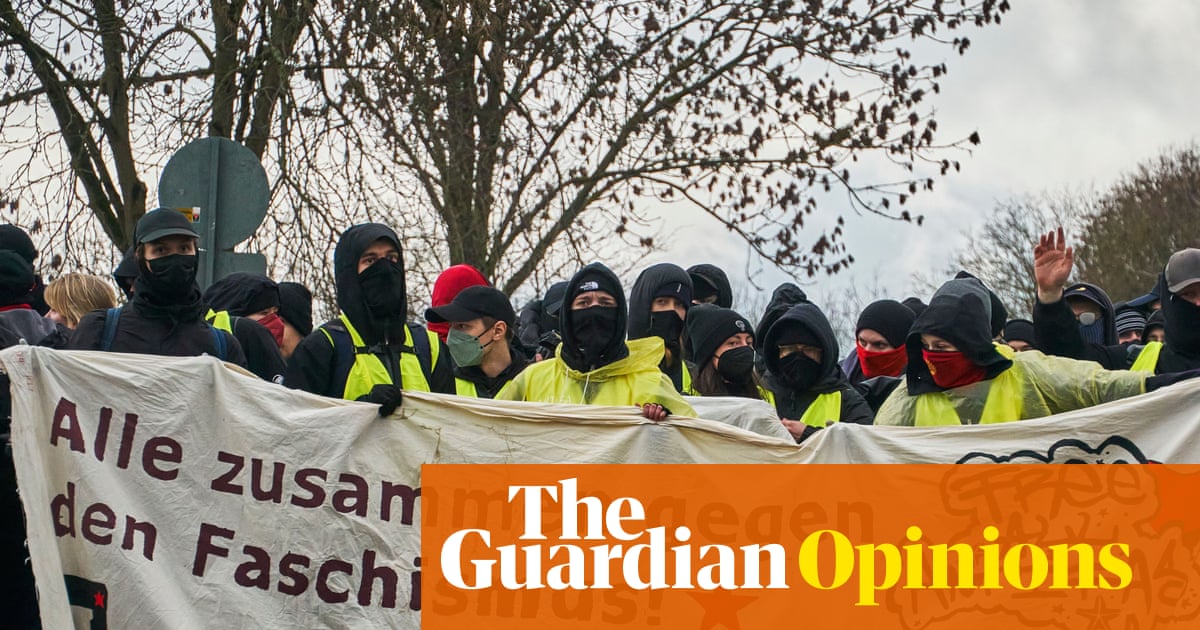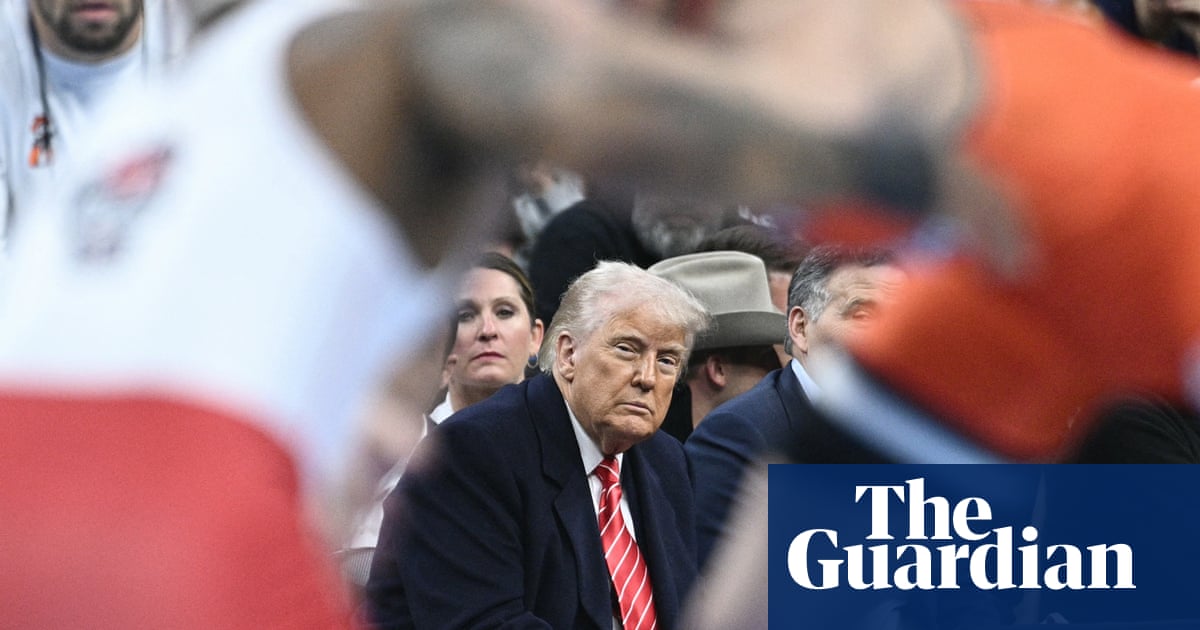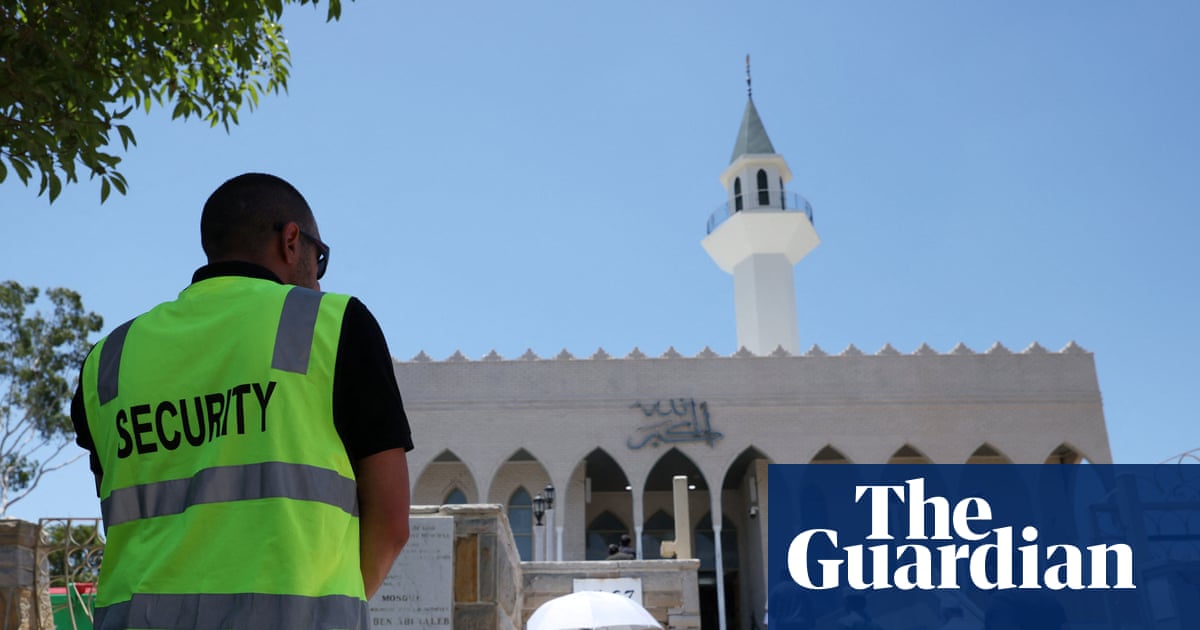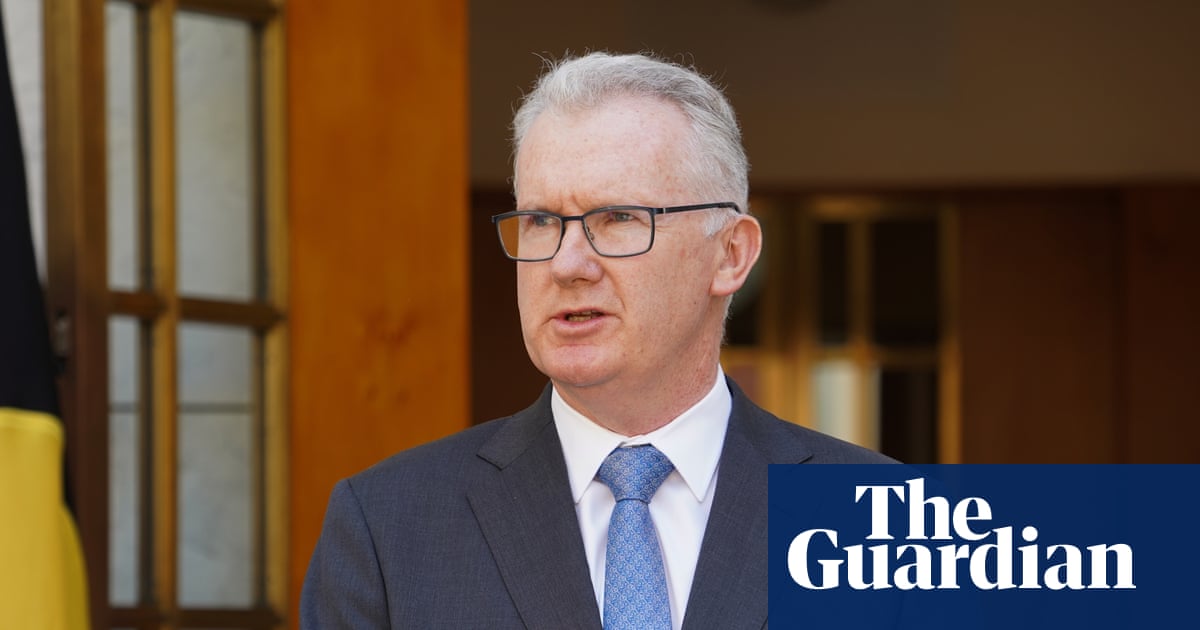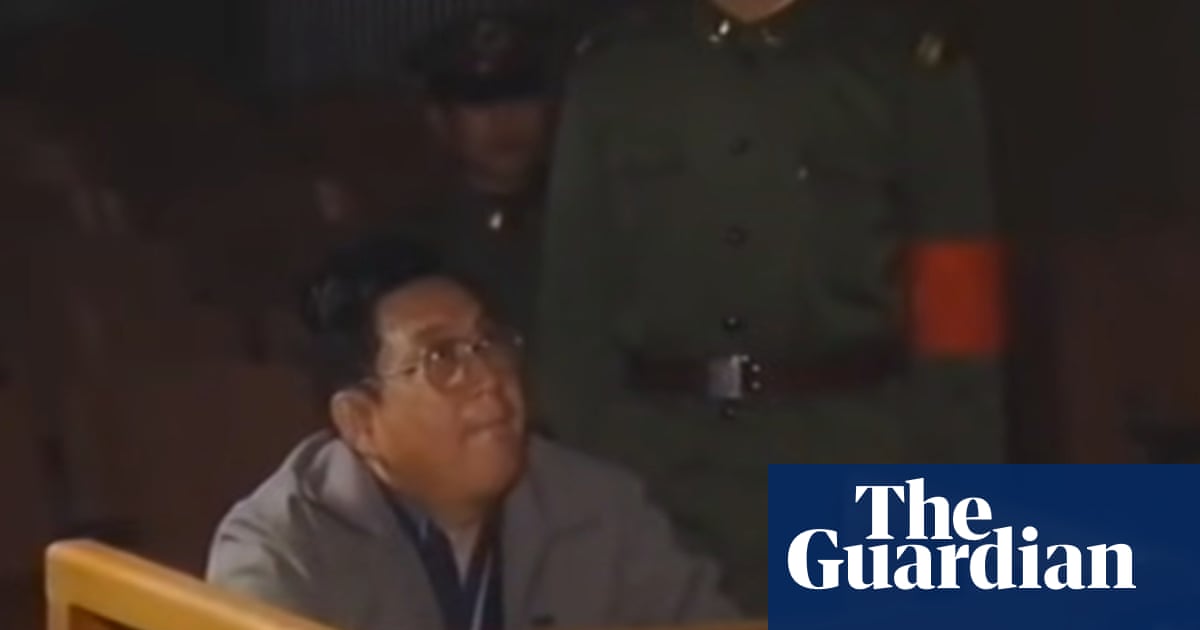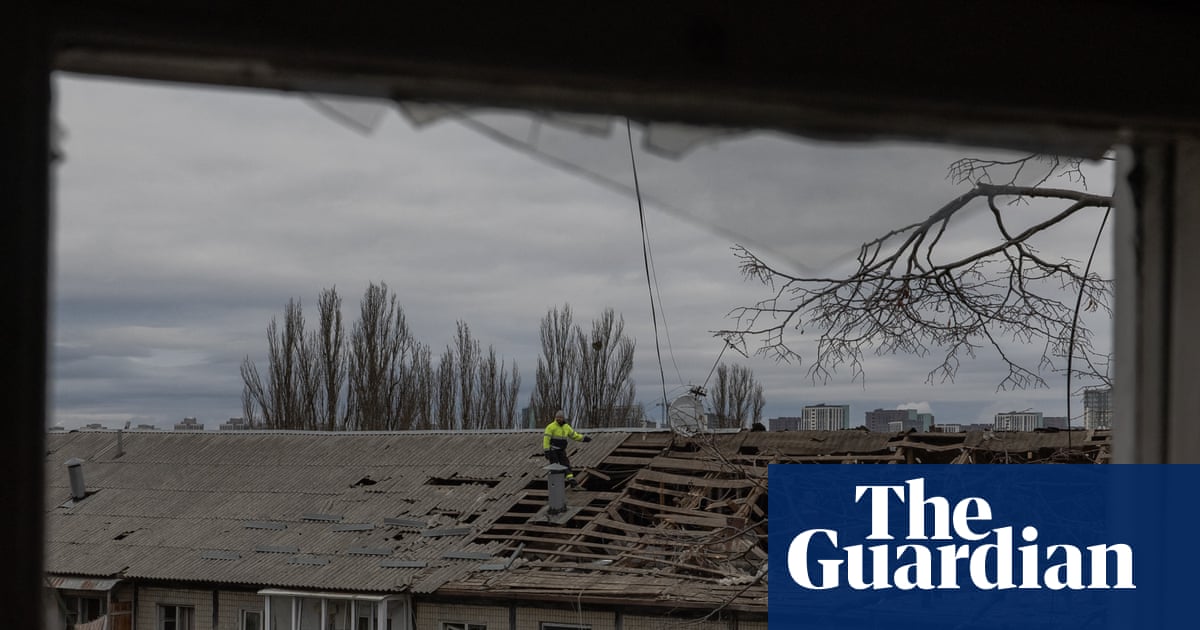Ever since the 1979 Iranian Revolution ushered in the Islamic republic, Iran has had notoriously hostile relations with many western nations, particularly the United States, which it evocatively derides as the “Great Satan”.
While Iran is notorious for acts of state-sponsored terrorism and malicious foreign interference against any number of adversaries, until recently Australia has been largely spared. Australia has managed to maintain diplomatic relations with Iran despite tensions and differences, even acting as an important conduit for other allies.
The rapid deterioration of diplomatic relations between Australia and Iran this week was as dramatic as the evidence of Iran’s foreign interference on Australian soil. The Iranian-backed antisemitic attacks are not the first time Iran has meddled in Australian affairs. Iran’s foreign interference in Australia has been building over the years. But the violent attacks against Jewish targets are a marked escalation.
We might reasonably ask why Australia, and why now? But the more realistic question is, why not Australia? Australia often still thinks of itself as insulated from broader forces but, given Iran’s global history of sponsorship of political violence over the decades, the steady uptick of interference in Australia and its current strategic position, it should not be surprising.
For one, foreign interference is one of the remaining means of Iran’s ability to project power. Iran’s conventional military power and diplomatic influence has diminished through years of sanctions and targeted strikes against it. As a result Iran employed an asymmetric strategy, relying on proxy actors to do its bidding while remaining insulated from direct retaliation. Now that these capabilities and proxy actors (Hamas, Hezbollah) are also severely weakened due to Israeli and US operations, malign foreign interference is now one of the few tools left at Iran’s disposal. Whenever Iran has had its back against the wall, the risk of asymmetric attacks, state sponsorship of terrorism and other grey zone tactics increased. As its capacity to project power regionally has been diminished, we can expect to see an increase in global grey zone and foreign interference operations. The foreign interference against Australia is part of this larger dynamic.
Second, the Islamic Revolutionary Guard Corps (IRGC)-orchestrated attacks against a kosher delicatessen in Sydney and the Adass Israel synagogue in Melbourne are part of Iran’s broader effort to destabilise and undermine democratic nations and target Jewish interests and communities around the world.
Iran has a demonstrated track record of attempting to exploit social division and tension through various means and sowing distrust of democratic institutions. It has conducted election interference campaigns, most recently in the US, online influence operations in the UK and various other democratic countries, and attacked Jewish communities and places globally. It merely saw another opportunity to do so in Australia and took it.
Third, Iran is preoccupied with regime survival and has done whatever it can within its power to not only ward off domestic challenges to its authority but any international interventions to destabilise the regime. The 2022 death of 22-year-old Mahsa Amini at the hands of Iranian “morality police” triggered a global protest movement. Since then Iran has stepped up its foreign interference efforts to ward off momentum.
This can include actions to distract and preoccupy but it can also include alleged attempts at assassinations of elected leaders in other countries and the targeting of Iranian dissidents in the diaspora community.
There has been longstanding intimidation and harassment of Iranian diaspora communities within Australia critical of the regime. In 2023 the then home affairs minister, Clare O’Neil, took the extraordinary step of naming Iran in a speech about Australia’s efforts to combat foreign interference. An Australian Senate select committee inquiry on foreign interference also received several submissions detailing Iran’s intimidation of diaspora communities.
The Australian government had no choice but to respond decisively to Iran’s latest provocations. Expelling the Iranian ambassador, shutting down Australian operations in Tehran and listing the IRGC as a terrorist entity will have an impact. Removing Iran’s access to an embassy and diplomatic staff in a western democracy will diminish its operational capacity to conduct foreign interference. Listing the IRGC as a terrorist organisation will give additional levers to government.
The government has been criticised for being slow to act on listing the IRGC as a terrorist entity, as advocates had been recommending this step for years. But it is a significant and uncharted step to designate an entity like the IRGC that is an arm of a recognised nation state, no matter how problematic its actions are. This is why, despite knowing that the IRGC is a state agent of terrorism, political violence and foreign interference, few states have listed it as such.
These actions don’t come without cost. Iran has vowed “reciprocal action” against Australia and it’s a threat that has to be taken seriously. Iran often engages in hostage diplomacy and these measures could trigger retaliatory attacks against Australian interests abroad, another tactic Iran has been known to employ. The measures have essentially cut Australia off from diplomatic engagement with Iran. Given the severity of the level of foreign interference, it is a price that the Australian government is willing to pay for our domestic safety.

 3 months ago
58
3 months ago
58









